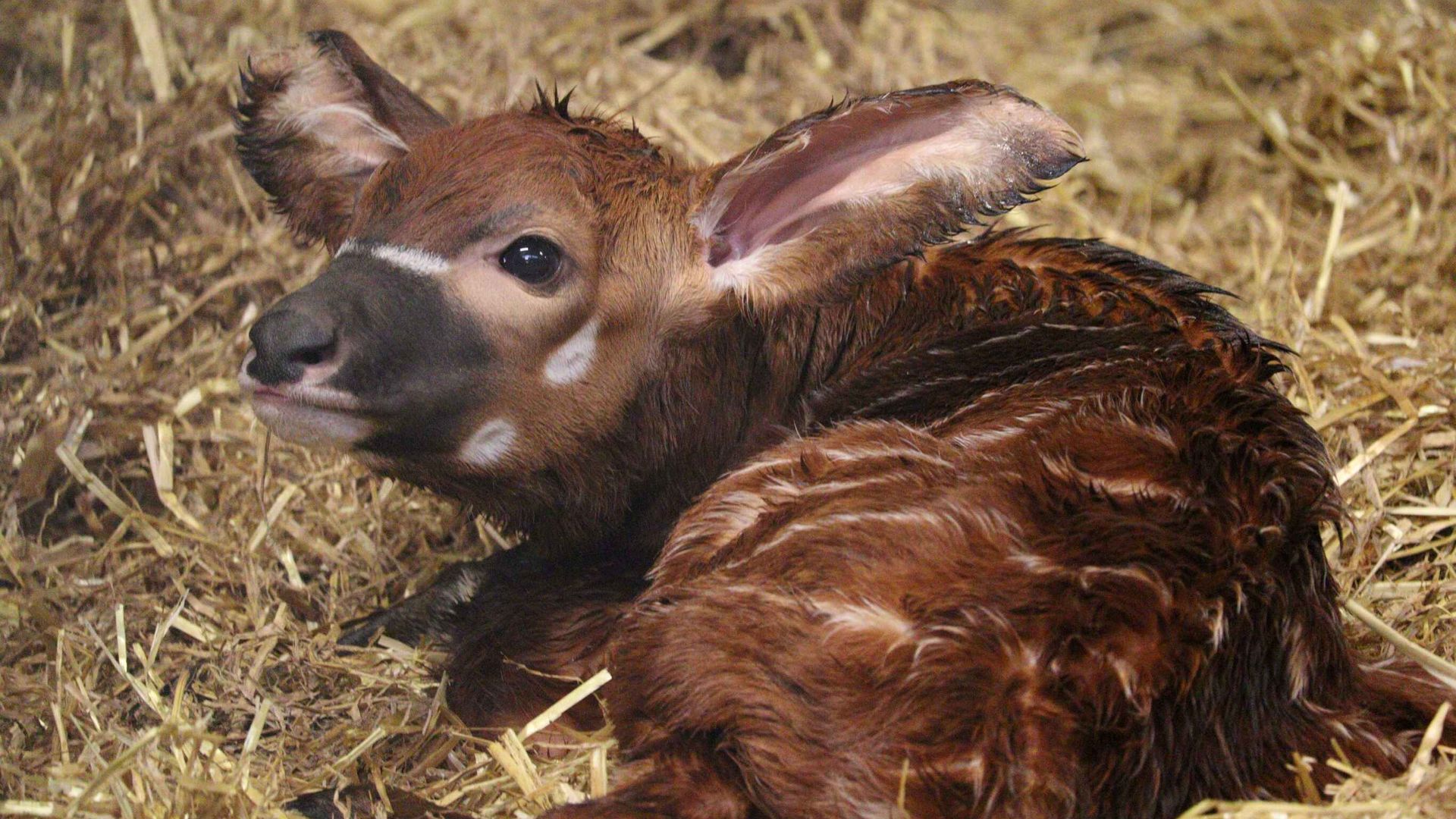
By the end of 2022, Maine may be the only state that does not allow some form of Sunday hunting.
Massachusetts, the other holdout, is considering ending its prohibition through proposed legislation.
In Maine, the debate recently heated up again during the current Legislative session, when more bills aimed at opening the door for some form of Sunday hunting failed — for approximately the 35th time in the past 40 years — when they did not earn the support of the Committee on Inland Fisheries and Wildlife.
More recently, in the wake of the passage last November of Maine’s right-to-food amendment, a couple from Readfield filed suit against the state arguing the Sunday hunting ban violates their rights as provided by the new law.
There are strong arguments on both sides. Mainers who want Sunday hunting say they are being denied an important chance to acquire meat for their families. Many of the state’s private landowners prefer to keep the law in place to preserve one day a week when they won’t encounter hunters in the woods.
But perhaps the most influential force in maintaining the Sunday tradition is the landowners.
A whopping 94 percent of Maine’s forest land is privately owned, according to the Maine Department of Inland Fisheries and Wildlife, and more than half of it is accessible to the public. And the threat of losing that privilege has deterred some hunters from pushing more strongly for Sunday hunting.
Unlike most other states, Maine operates on the principle of implied permission. If private land is not posted, revoking access, it is legal to use the land for recreational purposes. It is perhaps the most important benefit provided to hunters, along with anglers, hikers, snowmobile and all-terrain vehicle enthusiasts and bird watchers, all of whom enjoy outdoor recreation.
That structure gives hunters tremendous latitude, and huge responsibility, when it comes to pursuing wild game on private property.
“That is an incredible benefit afforded a hunter in Maine, which is too often not fully appreciated and is commonly taken for granted,” Tom Doak, executive director of Maine Woodland Owners, said in his March 14 testimony to the fisheries and wildlife committee concerning three Sunday hunting bills.
Doak said the importance of Sunday to landowners as a day free from hunting activity should not be underestimated.
A study commissioned by DIF&W found that 44 percent of landowners who do not post their land said they would be more likely to restrict access to their land if Sunday hunting were allowed.
“Landowners count on that day to fully enjoy their property,” he said. “Many landowners even change their plans during the week to avoid disturbing someone else’s hunting experience. Passing Sunday hunting will increase landowner/hunter conflicts.”
Tyler Brown is a hunter who supports Sunday hunting but also considers himself a land steward who values the hunting opportunities he and his sons have.
“I support working Legislatively to find compromise on opening Sundays,” Brown said. “However, I cannot support opening Sundays should it result in causing irreparable harm to landowner relations and jeopardize Maine’s tradition of implied permission.”
Hunters realize the potential widespread posting of private land is a possibility that must be considered. Some landowners don’t want to deal with changing rules, such as those included in the recently failed proposal that would have allowed hunting on Sundays, on private property, by permission only, and only in certain parts of the state.
“The loss of access to private land is one of the largest detriments to outdoor recreational opportunity and poses a significant risk in a state that is over 90 percent privately owned,” said Brown, who served on the state’s stakeholders committee that worked with Responsive Management, the research firm hired for the DIF&W Sunday hunting survey.
Maine banned Sunday hunting on Feb. 28, 1883, at a time when the state was re-evaluating and changing its practices for managing deer, moose and even caribou. In addition to subsistence hunting, some animals were harvested and the meat sold commercially out of state. Moose were killed for their hides, the meat often left behind to rot.
Proponents of Sunday hunting make no bones about their position: they simply want more opportunities to hunt.
Mainers who work Monday through Friday are restricted primarily to Saturdays which, during the firearms season for deer, amounts to only four days per year.
Patrick Griffith of Hartland is a lifelong hunter whose work schedule only allows for hunting on Saturdays.
“I’m still unsure of why this law is still in place, but would love to see it gone,” he said. “The hardworking men and women of the state of Maine deserve to have the opportunity to get that extra day.”
Minimal hunting days present a challenge for those who count on venison and other game meat to help feed their families without having to spend money at the grocery store.
Other hunters say the inability to hunt on Sundays will continue to hamper their efforts to pass on valued hunting traditions to their children.
Aroostook County hunter Chuck Ainsworth grew up on Mount Desert Island, hunted at a camp in Troy and learned the ropes from his father and his grandfather. He is finding that the same constraints that limited his hunting availability are now affecting him and his daughters, ages 12 and 13.
“Sadly, they are now reaching the age that marked the end of my time hunting with my own father,” Ainsworth said. “I am desperate to end that cycle, but the same challenges exist. Weekend sports, academic events, work — and worst of all is the ban on Sunday hunting — but hope springs eternal.”
The lawsuit seeking the ability to hunt on Sunday under the right-to-food amendment could find favor with judges. If not, legislation brought forward during the next session might include the right combination of elements to appeal to both landowners and the non-hunting public.
Otherwise, given almost 140 years of history, the Sunday hunting ban — and debate over its merits — is likely to continue.












